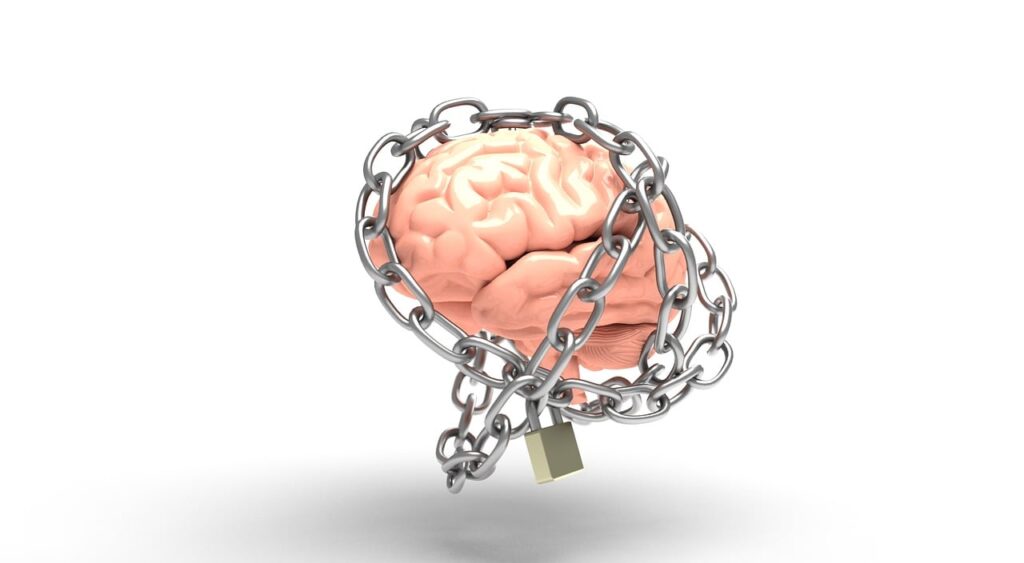Complete mental health signifies both the presence of good mental health and the absence of mental illness, while incomplete mental health is associated with a higher burden of mental illness, diminished functioning, and increased mortality.
A study investigating factors contributing to complete mental health recovery post generalized anxiety disorder (GAD) highlights the importance of examining various variables, including demographics, socioeconomic status, physical and mental health conditions, health behaviors, marital status, social support, adverse childhood experiences, and coping strategies.
The study found that over half of the participants fully recovered from GAD and achieved complete mental health. Factors associated with complete mental health included being married, older age, having a confidant, good to excellent physical health, and relying on religion or spirituality for coping.
In contrast, incomplete mental health was linked to comorbidity with major depression, poorer physical health or disability, and insomnia. Participants with both GAD and major depressive disorder were less likely to achieve complete mental health, as were those with poor physical health or disability, and those experiencing insomnia.
Reference:
Esme Fuller-Thomson, Kandace Ryckman. (2020) Achieving complete mental health despite a history of generalized anxiety disorders: Findings from a large, nationally representative Canadian survey. Journal of Affective Disorders, ; DOI: 10.1016/j.jad.2019.12.004

